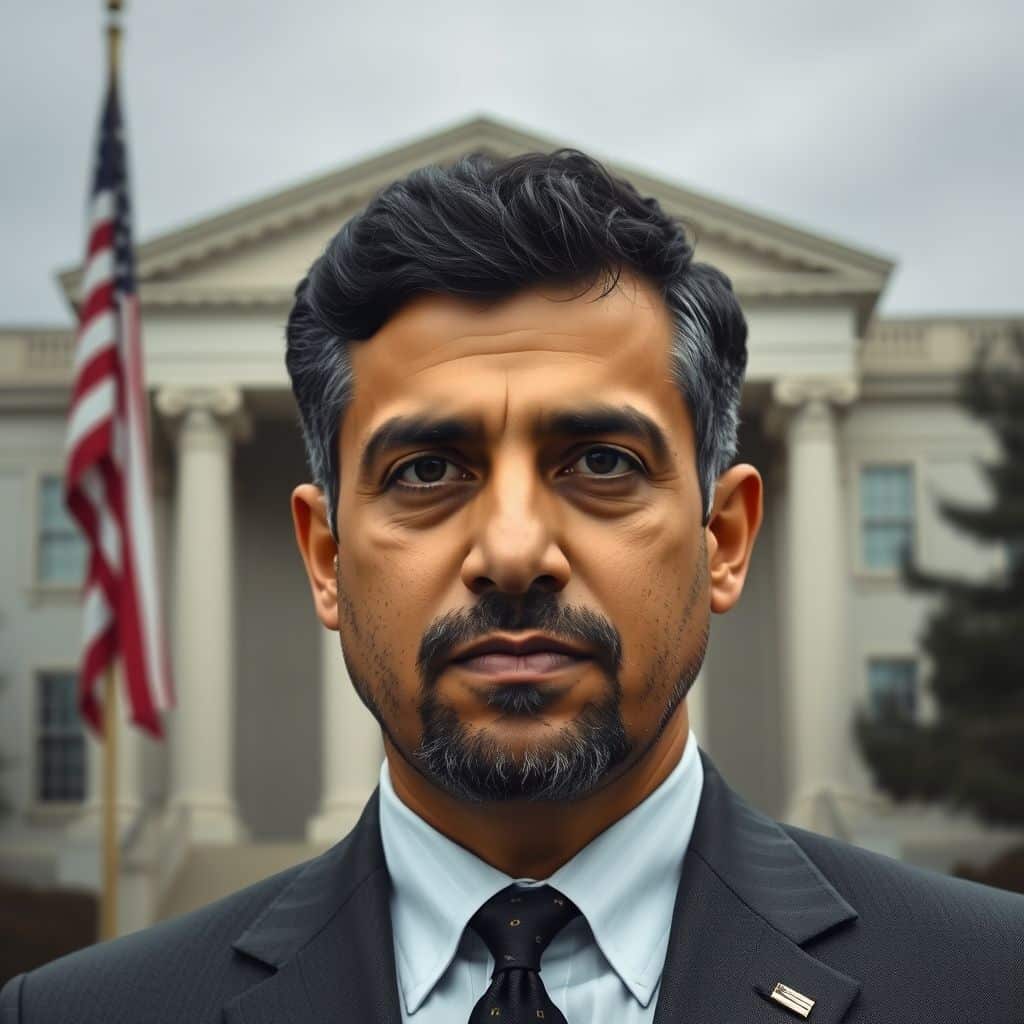The Case of Mahmoud Khalil: Activism, Detention, and the Fight for Justice

The Arrest of Mahmoud Khalil: A Spark of Controversy
In March 2025, a seemingly ordinary event at Columbia University in New York City ignited a firestorm of controversy. Mahmoud Khalil, a Palestinian activist and holder of a U.S. green card, was arrested by ICE agents. The circumstances surrounding his detention, which began with an unannounced raid on his apartment, quickly drew widespread condemnation and sparked a national debate about civil liberties and the limits of government power.
The Backdrop: Crackdown on Pro-Palestinian Activism
The arrest took place under the shadow of the Trump administration’s intensified focus on pro-Palestinian activism. The government, citing a perceived threat to U.S. foreign policy, invoked a Cold War-era law that allowed for the deportation of non-citizens based on their perceived activities. This legal maneuver provided the framework for Khalil’s detention, casting a dark cloud over the rights of those advocating for Palestinian causes in the United States. The situation was amplified by reports that indicated political motives at play, with critics labeling the arrest as a targeted attack on dissent.
A Legal Battle Begins: The Fight for Constitutional Rights
Khalil’s arrest, the lack of a warrant, and the legal basis for his detention quickly spurred legal challenges. Civil rights lawyers and advocacy groups rallied to his defense, filing lawsuits that questioned the constitutionality of his arrest and detention. The core of the legal argument centered on the application of the Cold War-era law, which many believed was outdated and violated basic due process rights. The case garnered significant attention, with legal experts and human rights observers closely following the proceedings.
The Court’s Intervention: A Glimmer of Hope
The legal challenges bore fruit when a judge ultimately ruled that the relevant section of the Immigration and Nationality Act used to justify Khalil’s detention was likely unconstitutional. This ruling was a significant victory for Khalil and a blow to the government’s legal strategy. The judge ordered his release, although the government initially refused to comply, further escalating the tensions surrounding the case. This reluctance demonstrated the administration’s commitment to its policies, even in the face of judicial rulings.
A Personal Tragedy and the Power of Resilience
Adding to the already complex situation, Khalil’s wife gave birth to their son while he remained detained. The separation was a poignant reminder of the human cost of the government’s actions. Khalil was only allowed to meet his son after a protracted legal battle, underscoring the personal toll of the case. This part of the story resonated deeply with the public, further fueling the outrage and solidifying support for Khalil and his family. The emotional aspect highlighted the profound impact of the detention beyond the legal arguments.
The Broader Implications: A Call for Reform
The case of Mahmoud Khalil has far-reaching implications for civil liberties and the protection of political speech in the United States. It highlighted the potential for government overreach and the vulnerability of non-citizens to deportation based on their political beliefs. The legal and political fallout from Khalil’s detention continues to be felt, with many advocating for reforms to the immigration laws and greater protections for those engaged in political activism. The story of Mahmoud Khalil serves as a compelling example of the complexities of immigration law, human rights, and the importance of standing up for one’s rights, even in the face of adversity.
Further Reading
For more information, please consult the following resources:
- https://en.wikipedia.org/wiki/Detention_of_Mahmoud_Khalil
- https://apnews.com/article/columbia-university-mahmoud-khalil-ice-440828980a4ee7bf4ddcf3d123e02b3e
- https://thehill.com/homenews/education/5349489-mahmoud-khalil-ice-detention-rubio-trump-columbia/




